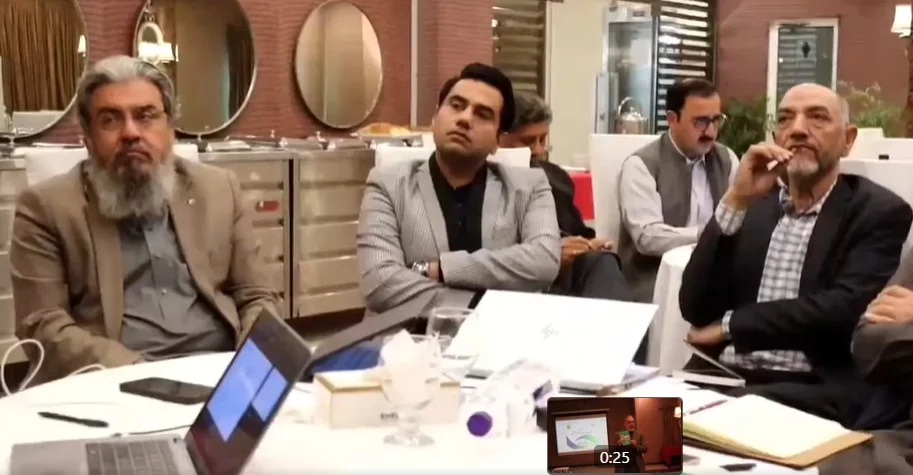A two-day (Parent Teacher Council) dialogue focused on strengthening Parent Teacher Councils (PTCs) was successfully organized by KPESED, in collaboration with GIZ.
The event saw active participation from officials representing UNICEF, the World Bank, the British Council, and other development partners.
The dialogue aimed to align PTCs’ content with government policies and enhance their role in improving schools at the grassroots level.

Key Focus of the Dialogue:
The primary goal of the event was to ensure that PTCs are effectively designed to support schools in local communities. By bringing together experts and stakeholders, the dialogue focused on:
- Policy Alignment: Ensuring PTCs’ content and activities are in line with government policies.
- Strengths and Weaknesses: Identifying areas where PTCs excel and where improvements are needed.
- Collaboration: Creating synergies among development partners working on PTC-related initiatives.
Government Commitment to Education Reform:
Education Advisor Mian Sadd Uddin, along with officials from the Elementary & Secondary Education Department of Khyber Pakhtunkhwa (KP), actively participated in the dialogue.
Their presence highlighted the government’s commitment to inclusive and community-driven school reforms.
By involving parents, teachers, and local communities, PTCs aim to create a more collaborative approach to improving education quality.
Why PTCs Matter:
Parent Teacher Councils play a vital role in bridging the gap between schools and communities.
They empower parents and teachers to work together, ensuring that schools meet the needs of students effectively. This dialogue emphasized the importance of PTCs in:
- Strengthening school management.
- Encouraging community involvement in education.
- Promoting transparency and accountability in schools.
Looking Ahead:
The successful conclusion of this two-day (Parent Teacher Council) dialogue marks a significant step forward in improving education systems through PTCs.
By aligning efforts with government policies and fostering collaboration among stakeholders, this initiative promises to bring positive changes to schools at the grassroots level.
The event not only highlighted the importance of PTCs but also reinforced the need for continued support and innovation in education reform.
With the active involvement of government officials and development partners, the future of PTCs looks promising, paving the way for stronger, more inclusive schools.

